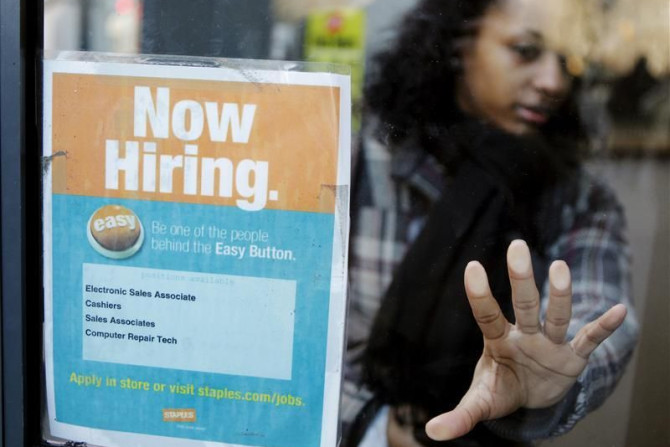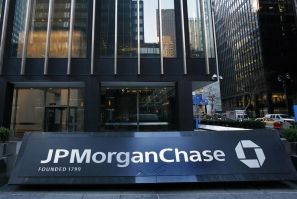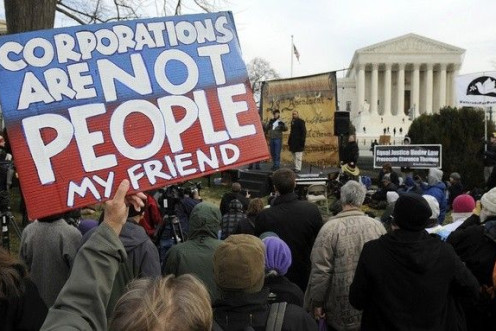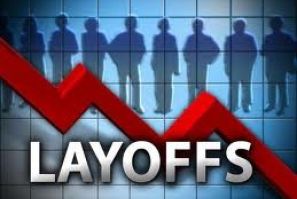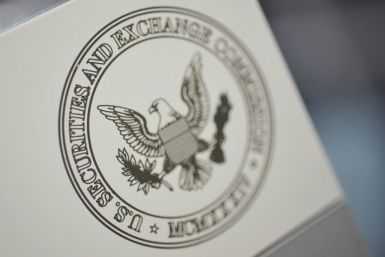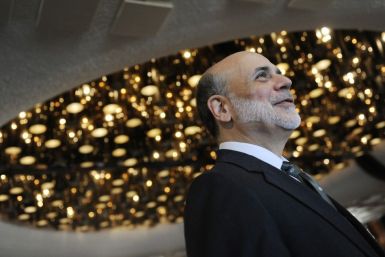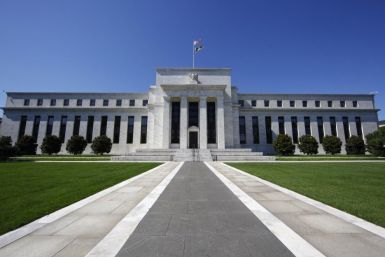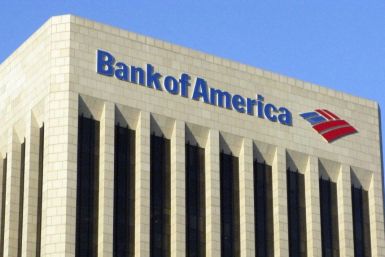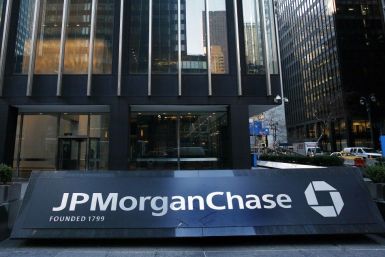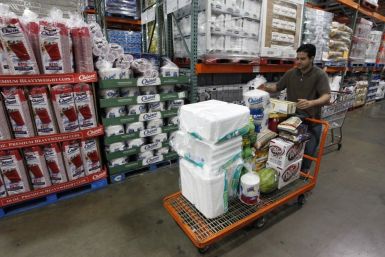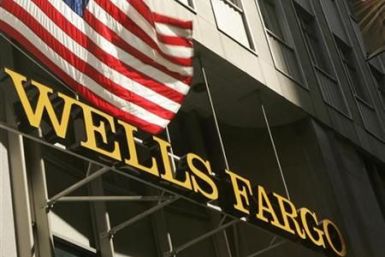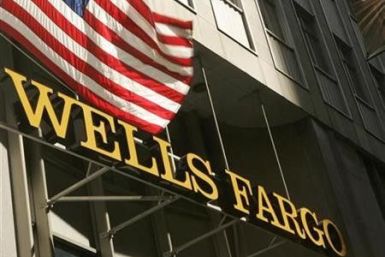Most of March's housing numbers were disappointing, with sales unexpectedly falling across all categories and prices hitting new lows, reversing February's optimism. But the winter market is usually the year's quietest, and spring could see a redemption for the housing market.
Despite their political differences, varied economic clout and undefined association, the meeting between the leaders of Brazil, Russia, India, China and South Africa is set to highlight the group's growing independence
The top aftermarket NYSE gainers Monday were: Jaguar Mining, Harvest Natural Resources, Inphi Corp, ENSCO plc, TrueBlue and Amcol International Corp. The top aftermarket NYSE losers were: Stoneridge, PolyOne Corp, Fabrinet, Cato Corp, Edwards Lifesciences and Orion Marine Group.
In conducting an investigation of possible fraud in relation to Wells Fargo & Co.'s sale of almost $60 billion in residential mortgage-backed securities, the U.S. Securities and Exchange Commission on Friday requested that a federal court order the country's largest mortgage lender to comply with its subpoenas.
This week - March 26 to 30 - will highlight Wednesday's durable goods report and a busy policy calendar, including the core of the Federal Open Market Committee: Chairman Ben Bernanke and New York Fed President William Dudley. Wall Street will be closely monitoring the Fed officials' speeches, hoping to find clues of their latest views on the economic, inflation and policy outlooks.
Analysts, economists, and market participants were concerned with three things this week, and three things only: inflation, inflation, and inflation.
The top aftermarket NYSE gainers Wednesday were: Oxford Resource Partners, Sturm, Ruger & Co, Office Depot, Ethan Allen Interiors, Suntech Power Holdings and Gol Linhas Aereas Inteligentes. The top aftermarket NYSE losers were: Costamare, TRC Companies, Glimcher Realty Trust, Precision Drilling Corp, OfficeMax and Ralcorp Holdings.
The Knicks travel to Philadelphia in an Atlantic Division showdown.
The Federal Reserve plans to fine eight more bank holding companies for improper home mortgage foreclosures, the latest fallout from the so-called robo-signing scandal in which banks filed foreclosure documents without verifying their accuracy.
Home builder confidence, which has been climbing for five months, hit a plateau in March, failing to post yet another gain, according to data released Monday by the the National Association of Home Builders (NAHB).
European markets lost ground as the lack of positive catalysts prompted a pause in the recent string of gains, while Asian stocks were mostly higher.
The inspector general for the U.S. Department of Housing and Urban Development said banks involved in the nationwide settlement on foreclosure practices significantly hindered its investigation.
The Dow Jones Industrial average rose 218 points, or 1.8%, to close at 13,177, which was the highest since Dec .31, 2007.
JPMorgan Chase and Co. (NYSE:JPM) announced Tuesday afternoon it would be raising the dividend payout to shareholders and engaging in a sizable stock buyback program, in a show of balance sheet strength coming just days after the bank was green-lighted through the Federal Reserve's now-yearly "stress tests." The markets rallied.
JPMorgan Chase and Co. (NYSE:JPM) announced Tuesday afternoon it would be raising the dividend payout to shareholders and engaging in a sizable stock buyback program, in a show of balance sheet strength coming just days after the bank was green-lighted through the Federal Reserve's now-yearly "stress tests." The markets rallied.
Business inventories beat expectations in January, increasing 0.7 percent to a record level as auto dealers replenished their stocks to keep pace with rising demand from consumers.
The government released the fine print of its landmark $25 billion mortgage settlement, and promised to closely police the banks' pledges to bring widespread housing relief, even while letting them dodge admission of wrongdoing.
The $25 billion settlement between five large U.S. banks accused of abusive mortgage practices on the one side and federal and state government officials on the other side that was announced Feb. 9 will be filed in federal court on Monday, people familiar with the matter said.
The economic picture got considerably messier this week, as positive data on job creation battled with gasoline-price-fueled inflation concerns in economists', policymakers' and consumers' minds. Joyous declarations that the economy is finally getting better have turned into more studious critiques of how the incipient recovery is actually affecting poor, working-class and middle-class people.
Wells Fargo recently announced that it will be instituting a $7 monthly service fee for checking accounts in six eastern states, adding to the 23 states where the fee is already in place. There are a few ways to avoid this fee.
U.S. employers hired more than 200,000 workers for a third straight month in February, indicating that companies are feeling more upbeat about the recovery.
Wells Fargo & Co., the bank with the most U.S. branches, is ending free checking in six eastern U.S. states starting in May, expanding a $7 monthly service fee for the use of its basic checking account.


